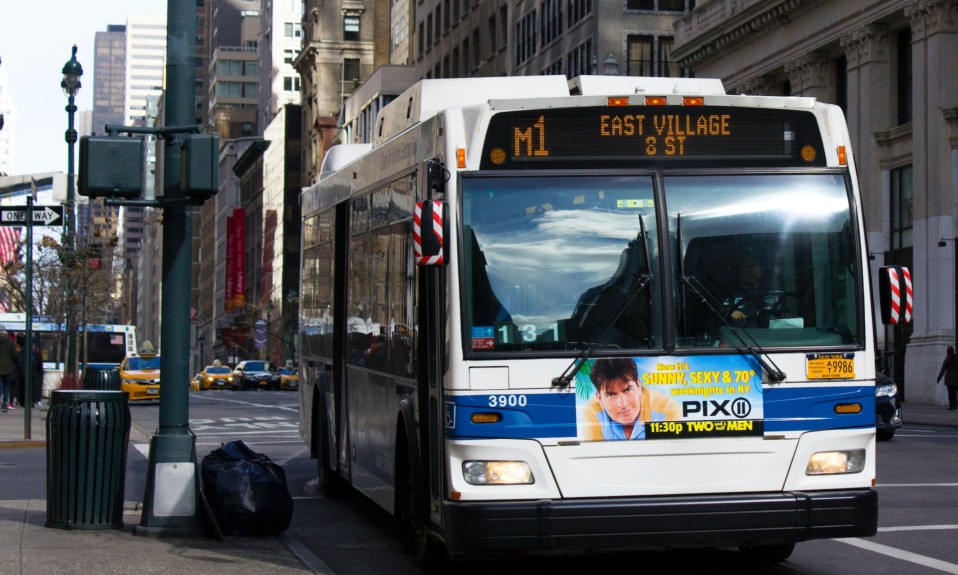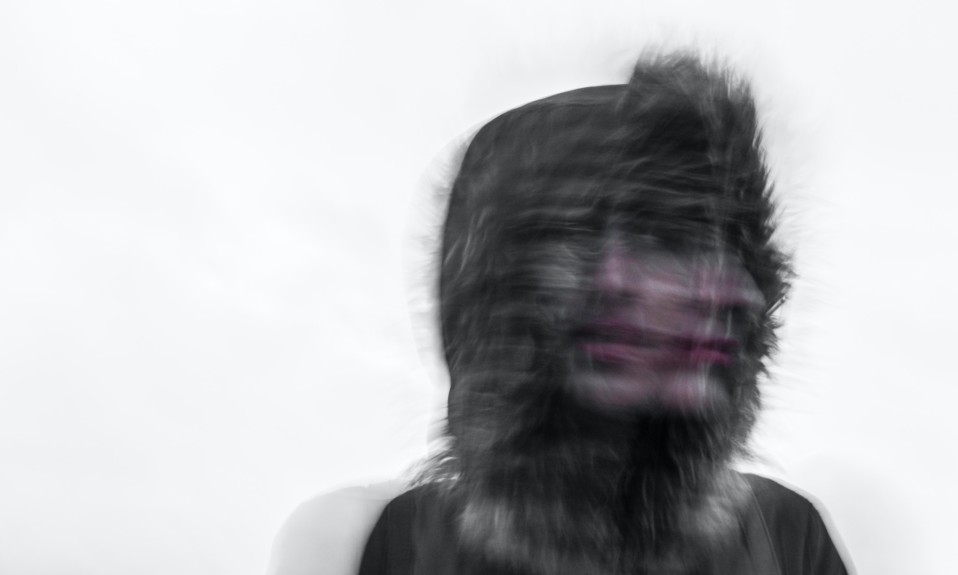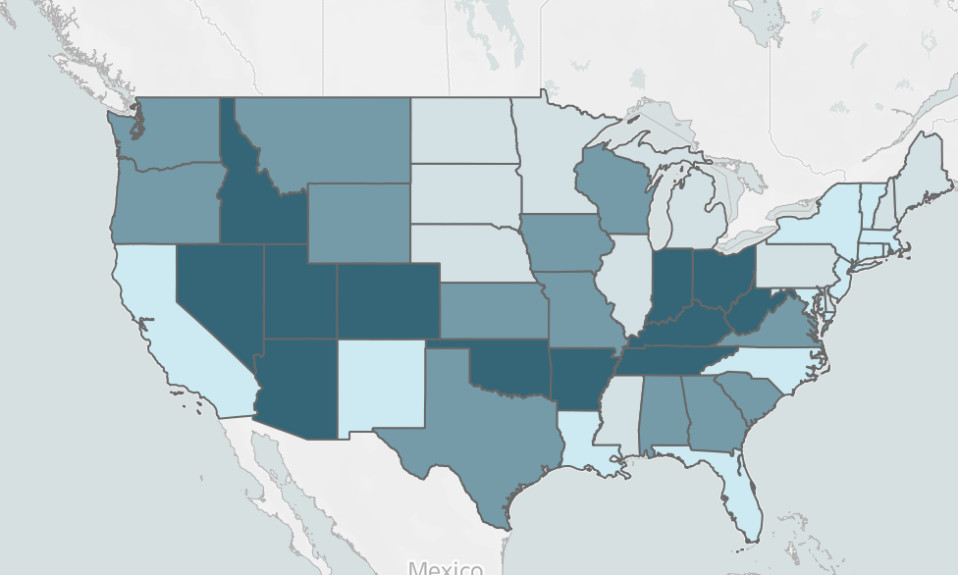Plus: Non-hallucinogenic psychedelic therapy, an opioid overdose patch, and Mental Health America’s big weekend in DC
By Dulcie Ulloa
New & Next: Policy
Easing Transportation Worries for People in Treatment
A bill passed by the New York State Assembly would address an oft-discussed challenge for people in addiction treatment: barriers to transportation. Recognizing that transit issues represent a large hurdle for many people in recovery from substance use, the bill calls for at least two “supportive demonstration programs,” one in an urban setting and another in a rural locale, that would expand transportation services for individuals in inpatient, residential and outpatient treatment, as well as those who have completed treatment.
The proposed services go beyond travel to medically necessary healthcare appointments, which is typically covered by Medicaid; the demonstration programs would explore the feasibility of funding “social determinants of health” trips, such as transportation to jobs or school; travel to drug court or court-ordered appointments; trips to AA or NA meetings; shopping for healthy food, clothes and other essentials; and community-based outings that reduce social isolation. The demonstration programs would identify best practices for such services and explore additional recovery supports in anticipation of a statewide program. The bill is now headed to the New York State Senate.
New & Next: Research
NIDA Grants $2.7M to Explore Psychedelic Therapy
A National Institute on Drug Abuse (NIDA) grant to the University of California Davis and the University of Colorado will fund research into potential psychedelic treatments for substance use disorder (SUD). The research will examine how the brain-altering effects of psychedelic drugs can be repurposed for treating addiction; scientists at the two schools will screen hundreds of compounds called “psychoplastogens” for their effectiveness in combating addiction, depression and post-traumatic stress disorder. The hope is to discover psychedelic treatments for addiction and other mental health issues that don’t carry side effects such as hallucinations, heart problems and potential for abuse.
“This grant will help us to understand the basic mechanisms by which these compounds impact addiction,” said UC Davis researcher David Olson, PhD, “and hopefully develop more effective and better-tolerated treatments.”
A Skin Patch for Overdose Detection and Reversal
Researchers at Indiana University are looking into the potential for a wearable device that would detect symptoms of an opioid overdose and deliver immediate treatment. With a NIDA grant of $3.8 million over the next three years, IU researchers plan to develop a smartphone-connected patch that can detect the physiological changes in blood oxygen level, respiratory rate, pulse rate and blood pressure that indicate an opioid overdose. If an OD is detected, the device—roughly the size of a nicotine patch—would administer a life-saving transdermal dose of naloxone. Researchers say the therapy could be particularly useful for patients taking opioid medication under a physician’s care whose dosage changes from low to high or from long-acting to short-acting, as well as people with an opioid use disorder who are at risk of an overdose.
New & Next: Conferences
Mental Health America’s “Forward Together”
Healthcare providers, government officials, industry experts and key stakeholders will gather in the nation’s capital from June 9 to 11 for Mental Health America’s 2022 annual conference. This year’s event, called “Forward Together: Recovery, Healing, Hope,” will focus on the mental health effects of the COVID-19 pandemic—including higher rates of anxiety, depression, psychosis, loneliness and substance use. A special emphasis will be on equity issues involving Black, Indigenous and other unequally affected populations, as well as the burdens on frontline and care workers. Headliners include SAMHSA administrator Miriam E. Delphin-Rittmon, Congressman Jamie Raskin (D–Md.), bestselling author Bassey Ikpi, pop artist Andy Grammer and Olympic gold-medal swimmer Alison Schmitt. For those who can’t attend in person, the event will be live-streamed. For more information and to register, go here.
Photo: Yeka.UK














